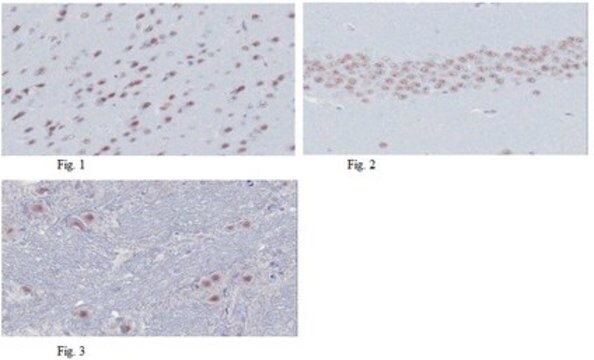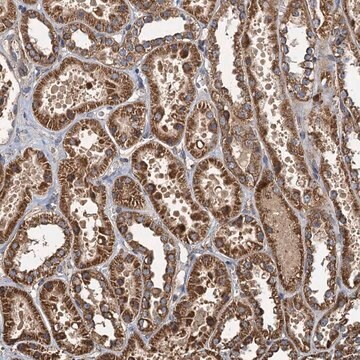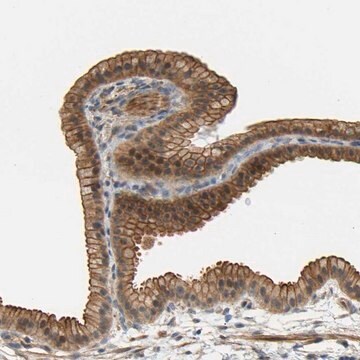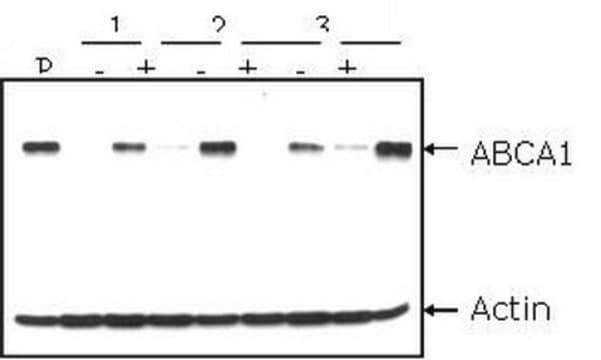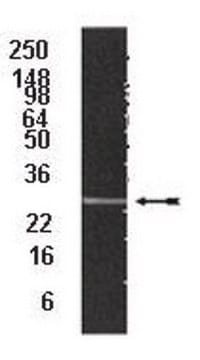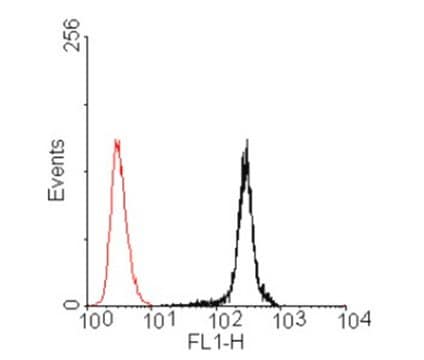MABE881
Anti-26S proteasome regulatory subunit RPN11, clone 7C7.1 Antibody
clone 7C7.1, from mouse
Sinónimos:
26S proteasome regulatory subunit RPN11, 26S proteasome-associated PAD1 homolog 1, 26S proteasome non-ATPase regulatory subunit 14
About This Item
Productos recomendados
biological source
mouse
Quality Level
antibody form
purified immunoglobulin
antibody product type
primary antibodies
clone
7C7.1, monoclonal
species reactivity
human, rat
technique(s)
immunohistochemistry: suitable (paraffin)
western blot: suitable
isotype
IgG2bκ
NCBI accession no.
UniProt accession no.
shipped in
wet ice
target post-translational modification
unmodified
Gene Information
human ... PSMD14(10213)
General description
Specificity
Immunogen
Application
Epigenetics & Nuclear Function
Epigenetics & Nuclear Function
Chromatin Biology
Cell Cycle, DNA Replication & Repair
Quality
Western Blotting Analysis: 1 µg/mL of this antibody detected 26S proteasome regulatory subunit RPN1 in 10 µg of HT-1080 cell lysate.
Target description
Physical form
Storage and Stability
Other Notes
Disclaimer
¿No encuentra el producto adecuado?
Pruebe nuestro Herramienta de selección de productos.
Storage Class
12 - Non Combustible Liquids
wgk_germany
WGK 1
flash_point_f
Not applicable
flash_point_c
Not applicable
Certificados de análisis (COA)
Busque Certificados de análisis (COA) introduciendo el número de lote del producto. Los números de lote se encuentran en la etiqueta del producto después de las palabras «Lot» o «Batch»
¿Ya tiene este producto?
Encuentre la documentación para los productos que ha comprado recientemente en la Biblioteca de documentos.
Nuestro equipo de científicos tiene experiencia en todas las áreas de investigación: Ciencias de la vida, Ciencia de los materiales, Síntesis química, Cromatografía, Analítica y muchas otras.
Póngase en contacto con el Servicio técnico